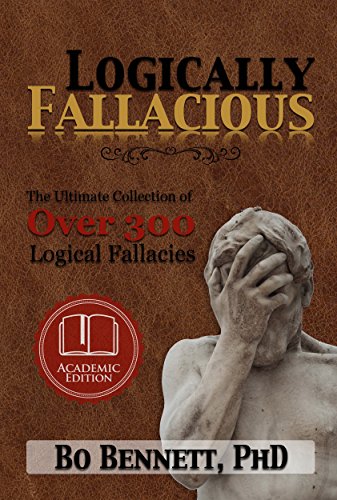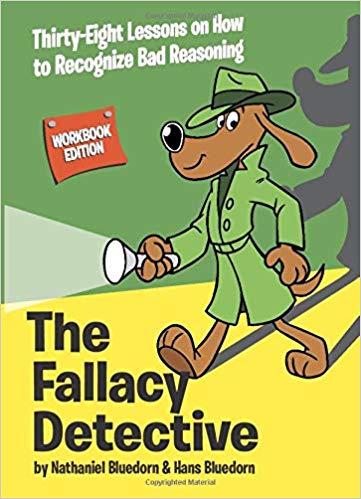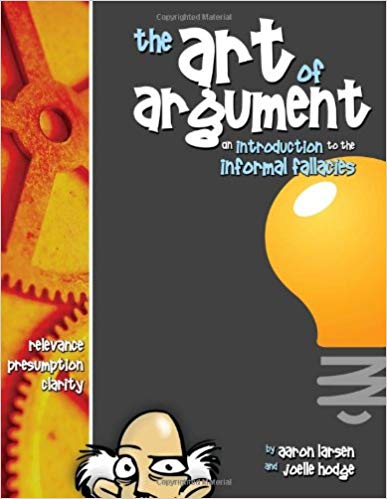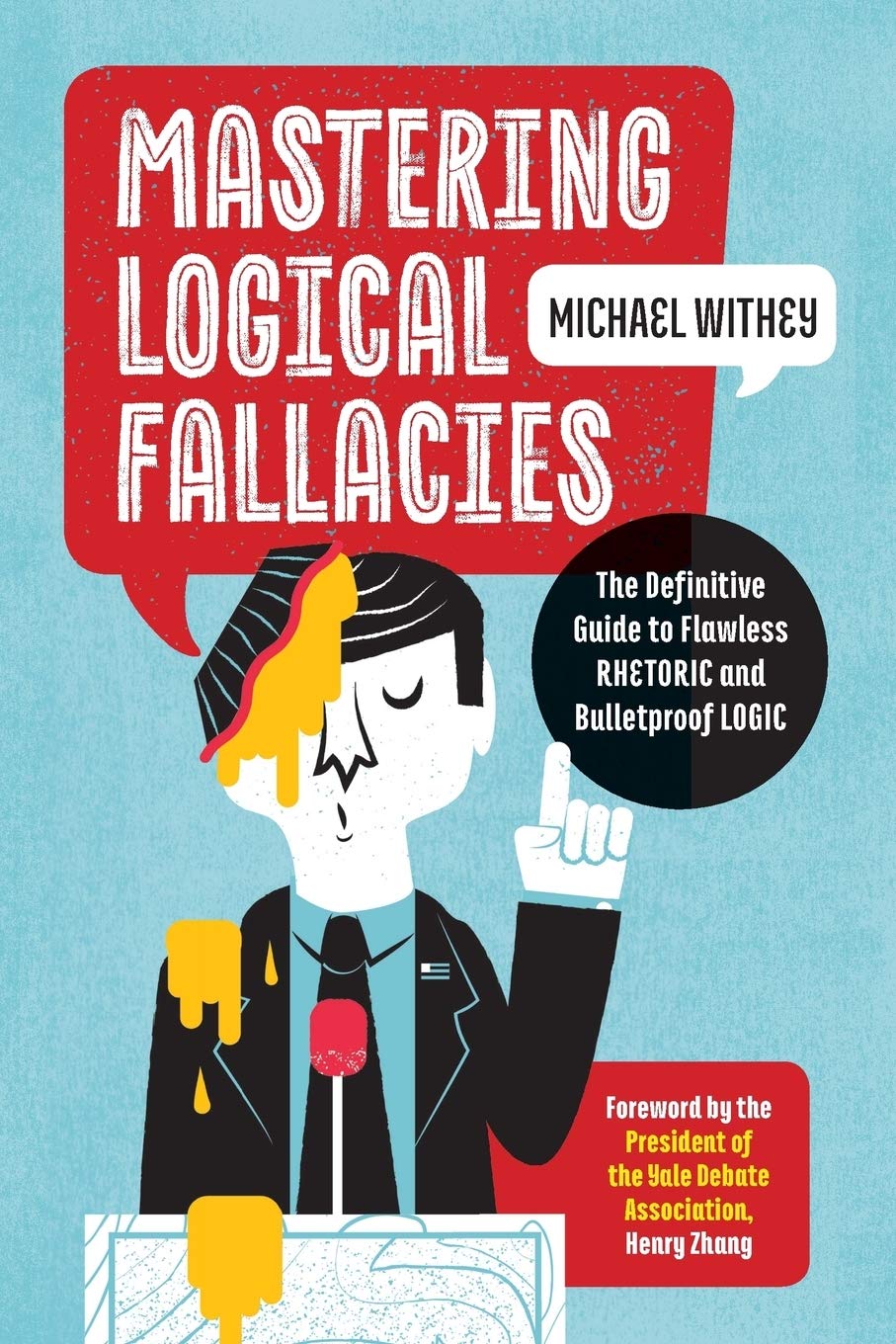
No True Scotsman
The no true Scotsman fallacy appeals to the "purity" of an ideal or standard as a way to dismiss relevant criticisms or flaws in your argument.
Example of No True Scotsman
- John doesn't drink alcohol. No real man avoids alcohol. John isn't a real man.
The argument creates an ideal man, and uses it to prove a point. - Sarah always wears slacks. No real woman would wear slacks. Sarah is not a real woman.
'Establishing' that no real woman would wear slacks creates the fallacy.

Books About Logical Fallacies
A few books to help you get a real handle on logical fallacies.





No True ScotsmanExtended Explanation
The No True Scotsman Fallacy is a form of informal logical fallacy that is used to reject any counterexamples to an argument in order to protect a sweeping generalization. In essence, it involves redefining the terms of an argument in order to make it valid. The fallacy is named after a statement made by a Scottish man who was attempting to defend the reputation of people from Scotland. The statement went something like this: “No Scotsman would ever do such a thing.”
In other words, the original statement was a sweeping generalization that was subject to exceptions. The statement was meant to describe the behavior of all Scotsman, but the speaker was attempting to protect the generalization by rejecting any counterexamples. This is the essence of the No True Scotsman Fallacy: using a sweeping generalization as a basis for an argument and then attempting to invalidate any exceptions or counterexamples by changing the terms of the argument.
The No True Scotsman Fallacy is an informal logical fallacy because it does not follow the traditional rules of logical argument. Logically, a sweeping generalization is not valid no matter how many exceptions or counterexamples can be found. In this case, the speaker is attempting to invalidate any exceptions by redefining the terms of the argument. By doing this, the speaker is attempting to protect the sweeping generalization and make the argument valid. Unfortunately, this is not a valid logical argument, and thus constitutes a logical fallacy.
The No True Scotsman Fallacy is a common fallacy that is often used in debates and discussions. It is important to recognize this fallacy in order to avoid making invalid arguments. If a sweeping generalization is used as the basis of an argument, any counterexamples should be accepted in order to make the argument valid. By doing so, the argument will be based on facts rather than sweeping generalizations, and will be more likely to be accepted by all parties involved.